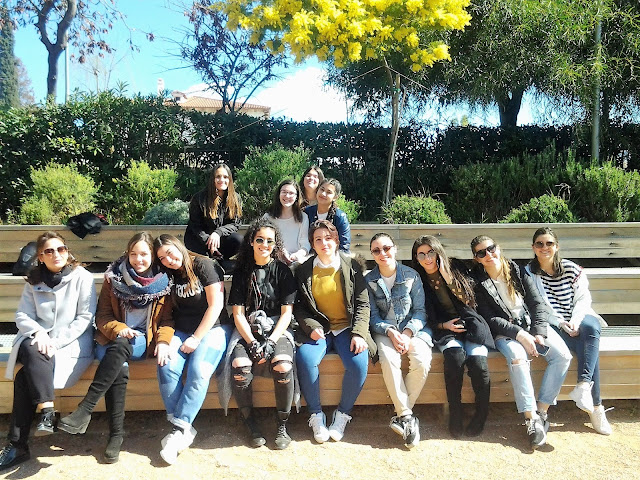Funded by the European Union

FOR project`s contents
This project intends to apply innovative CLIL method to multilingual learning-teaching system in upper secondary education, with the regard to develop academic language skills related to Botany vocabulary and mythology, and social language abilities in English to B2 level. So, having as starting point the official curricula of upper secondary education within our respective countries (Spain, Italy, and Greece), upper secondary pupils are going to work simultaneously on various contents in English (Botany related vocabulary in English and modern languages, classical roots of Botany vocabulary, classical myths and plants) belonging to more than one academic discipline: modern languages (English and partners` mother tongues: Spanish, Basque, Italian, and Greek), classical languages and literatures (Latin and Ancient Greek), classical culture (Mythology), natural science (Botany related vocabulary), and computers (on line platforms and applications).
domingo, 26 de marzo de 2017
F.O.R. project at the symposium on new methods of teaching Classics
lunes, 6 de marzo de 2017
Visiting the Acropolis Museum (03-03-2017)
If you want to see all the photographs, click here
Visiting the the Bizantine museum, the Lykeion of Aristoteles and the National Garden (02-03-2017)
Aristotle’s Lyceum (Peripatetic School) used to be one of the three oldest gymnasia in ancient Athens.
From Bilbao and Castellammare to Athens (01-03-2017)
As a counterpoint to such adversity, at the airport, we met our Italian partners whom we really wanted to see.










